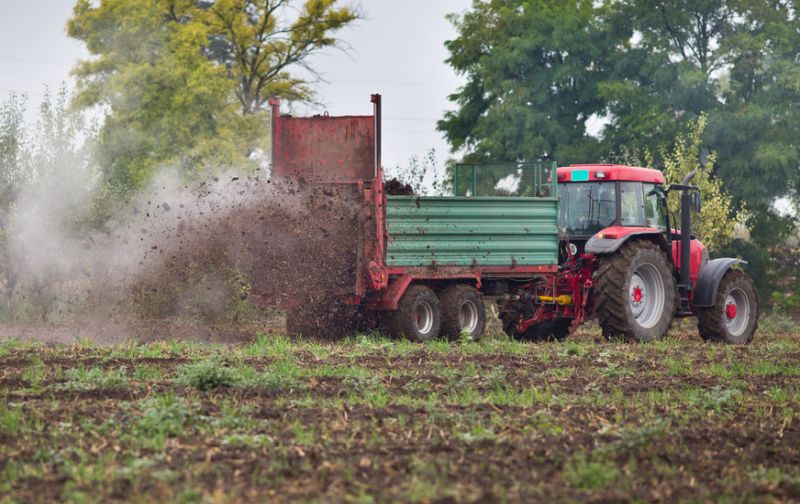
The Welsh government is currently exploring 'voluntary options' as a controversial 'all-Wales' plan to tackle agricultural pollution could now be watered down.
The Welsh government planned to introduce an all-Wales Nitrate Vulnerable Zone (NVZ) from 1 January 2020.
Rural affairs minister Lesley Griffiths outlined her intention to introduce the regulations last November.
NVZs are areas within Wales that contain surface water or groundwater that is susceptible to nitrate pollution from agricultural activities.
The Welsh government is responsible for maintaining and improving the quality of the aquatic environment, and carries out a review of the zone's areas every four years.
But NFU Cymru, one of the main groups opposed to the plans, said the proposals would see 'severe restrictions placed on every farming business in Wales'.
Looking to quell farmers' concerns, Ms Griffiths will now receive advice in January on the introduction of legislation after exploring alternative measures with the Wales Land Management Forum sub-group.
A project exploring 'voluntary options', jointly funded by Natural Resources Wales and NFU Cymru, has been working to develop a draft water standard.
This work includes incentivising actions to improve water quality by enabling farmers to demonstrate these actions to consumers, retailers and regulators.
Lesley Griffiths explained: “In 2018 I announced my intention to introduce regulations to help us combat the agricultural pollution. Over a year later I remain absolutely convinced decisive action is required.
“During this period, I have funded NRW dairy officers to provide advice to farmers on meeting regulations. I have also listened to the views of stakeholders on the benefits of regulation and the potential opportunity of using alternative measures.
“I will be considering advice from officials in January on the introduction of the agriculture regulations following further engagement with the Wales Land Management Forum sub-group.
“I want to explore further if there is a way we can provide farmers with the flexibility to achieve these essential environmental outcomes in a way that is best suited to individual businesses.
“It is vital farmers urgently recognise the scale of the problem in Wales and use this opportunity to engage in developing alternative solutions.”
